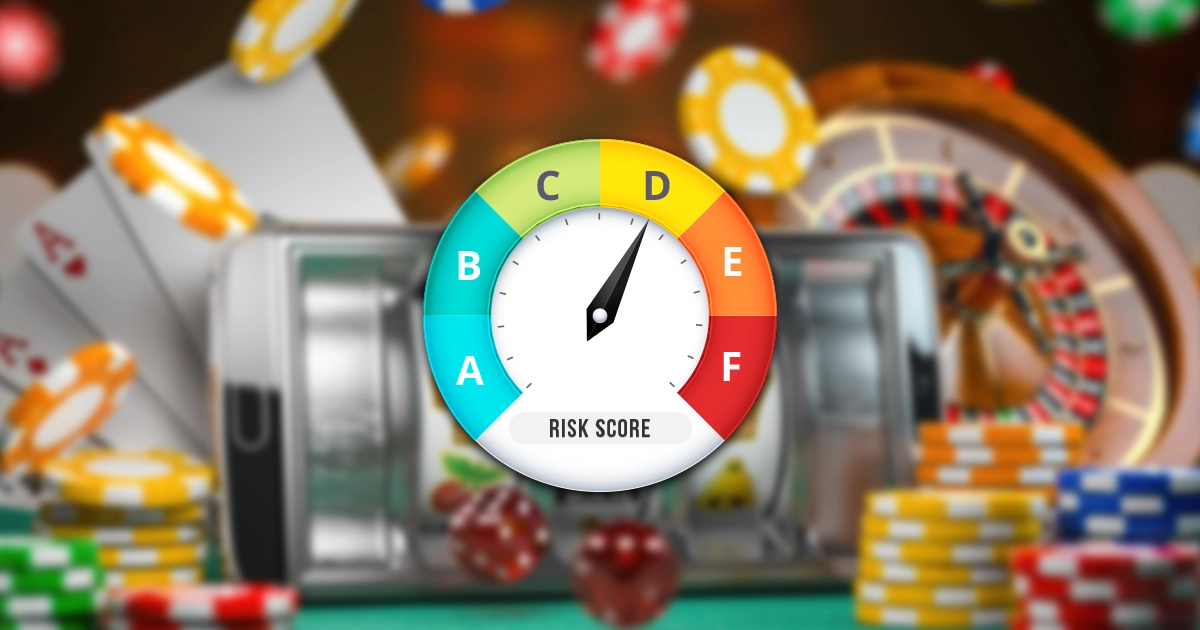Will there be a Risk Score for gambling in Belgium?
In a move decidedly aimed at consumer protection and combating gambling addiction, Belgium may soon introduce a risk score for each legal gambling game. Inspired by the success of the Nutri-Score for food products, this initiative, led by Health Minister Frank Vandenbroucke, aims to provide players with clear and direct information on the risks associated with each type of game.
More transparency
The risk score is part of a desire to improve transparency in the gambling sector and strengthen addiction prevention. This system would allow players to better understand the risk level associated with each game, whether it be online slot machines, table games, live casino games, scratch cards, or lotteries. By providing an evaluation comparable to the Nutri-Score for food products, Minister Vandenbroucke hopes to make players more aware of potential dangers and encourage more informed choices.
This proposal responds to the concerning observation that nearly 230,000 Belgian players have requested to increase their legal gambling limit, despite a weekly restriction of 200 euros introduced to limit excessive spending. Faced with this trend, the minister emphasizes the importance of equipping Belgium with more effective tools to inform and protect players.
Implementation by the Gaming Commission
The concrete realization of the risk score rests on the Gaming Commission, the Belgian regulatory authority. It is tasked with developing the evaluation system and ensuring its integration across the entire gambling sector, including for the products of the National Lottery, which were not previously subject to the same advertising restrictions as other forms of gambling.
In parallel, Minister Vandenbroucke calls for a thorough analysis of the scope of the gambling problem in Belgium. An independent study would provide the objective data needed to guide political decisions and prevention strategies. He also emphasizes the need for the Gaming Commission to bolster its control and sanction efforts against gambling operators who do not comply with regulations.
With the proposed introduction of a risk score for gambling, Belgium is embarking on an innovative path for the regulation of the sector. If effectively implemented, this measure could represent a turning point in the prevention of gambling addiction, providing players with the tools to make informed choices. The success of this initiative will depend on acceptance by the players and whether the measure will be widely supported.


